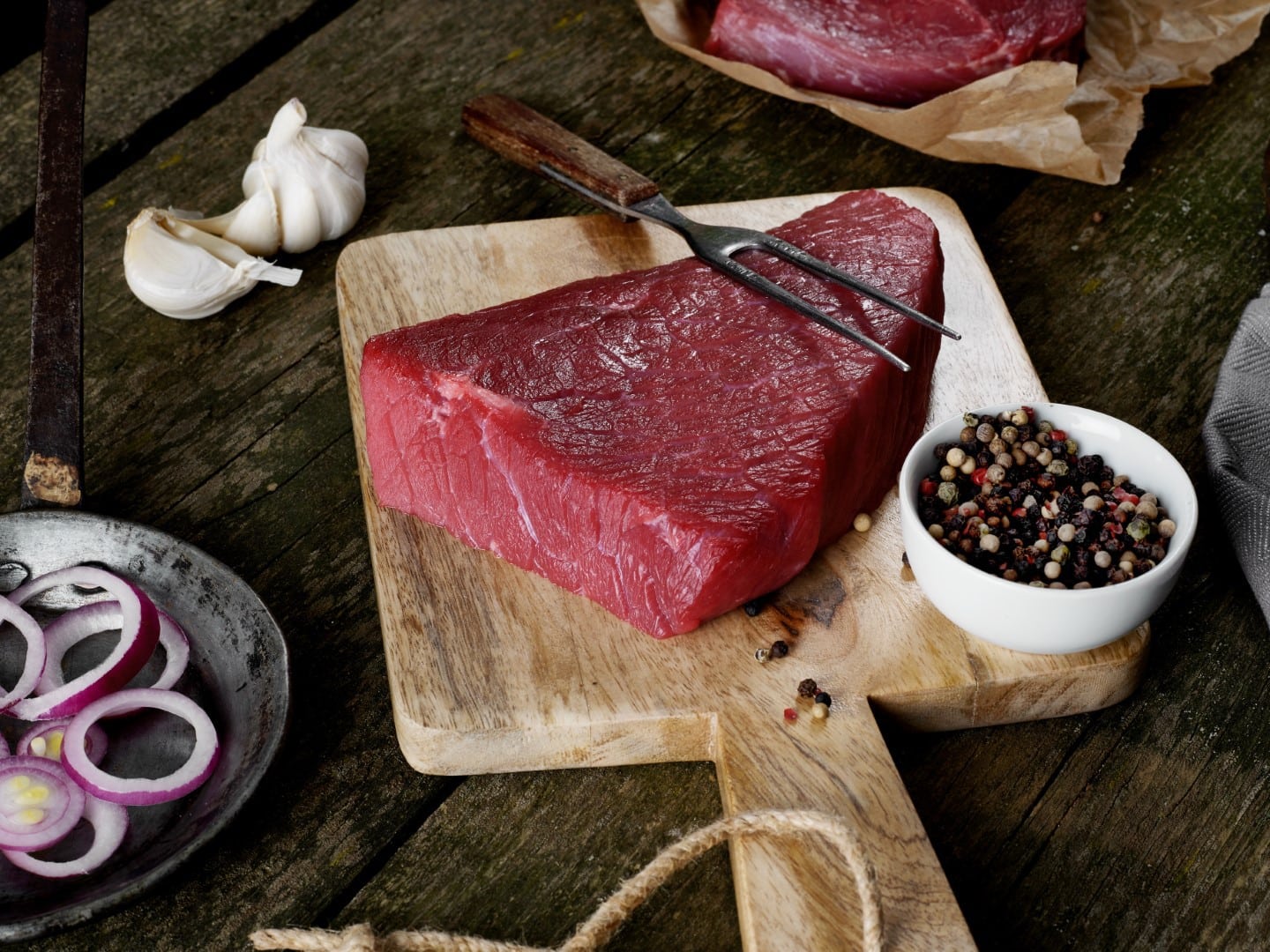Report on the ‘Knot Perfect’ Initiative and its Contribution to Sustainable Development Goals
Introduction
This report details the operations and impact of Knot Perfect, a non-profit organization founded by University of Notre Dame student Austin Baron. The initiative addresses global food insecurity through a social enterprise model, directly contributing to the United Nations Sustainable Development Goals (SDGs). For a decade, the organization has mobilized community action to fund and package meals for vulnerable populations worldwide.
Alignment with Sustainable Development Goals (SDGs)
The core activities of Knot Perfect are intrinsically linked to several key SDGs, with a primary focus on SDG 2 (Zero Hunger).
- SDG 2: Zero Hunger: The organization’s central mission is to combat global hunger. By converting revenue from product sales into funding for meal-packing events, Knot Perfect directly addresses Target 2.1, which aims to end hunger and ensure access to safe, nutritious, and sufficient food. To date, the initiative has facilitated the provision of over 100,000 meals.
- SDG 17: Partnerships for the Goals: The initiative exemplifies the power of multi-stakeholder partnerships. It leverages public platforms, such as the founder’s appearance on NBC’s “American Ninja Warrior,” to raise awareness and mobilize resources (Target 17.17). Furthermore, it fosters community engagement by organizing volunteer events.
- SDG 3: Good Health and Well-being: By providing nutritious meals, the organization contributes to improved health outcomes and the reduction of malnutrition, a critical component of SDG 3. Food security is a fundamental determinant of health.
- SDG 4: Quality Education: The meal-packing events serve as an informal educational platform, raising awareness of global challenges among participants. By engaging youth as young as five, the initiative fosters a sense of global citizenship and a commitment to service from an early age, aligning with the principles of education for sustainable development.
Operational Model and Community Impact
Knot Perfect employs a sustainable, self-funding model to achieve its humanitarian objectives.
- Revenue Generation: The organization produces and sells handmade dog toys. All proceeds are directed towards its core mission.
- Resource Mobilization: Funds are used to purchase raw materials for meals.
- Community Engagement: The initiative organizes large-scale meal-packing events. These events are designed to be inclusive, enabling broad community participation, including from young children, thereby strengthening community bonds and fostering a culture of service.
Strategic Objectives and Milestones
The organization has established clear, measurable targets to guide its expansion and impact.
- Past Achievement: Successfully funded and packed over 100,000 meals.
- Current 10th Anniversary Goal: To pack an additional 125,000 meals by the end of the current year.
- Long-Term Vision: To reach a cumulative milestone of one million meals provided, significantly scaling its contribution to SDG 2.
SDGs Addressed in the Article
SDG 2: Zero Hunger
- The article’s primary focus is on combating hunger and food insecurity. The protagonist, Austin Baron, is described as being on a “mission to fight hunger” since elementary school. His non-profit, Knot Perfect, was created specifically for “addressing food insecurity around the world” by raising money for meal-packing events. The entire narrative revolves around the goal to “advocate for an end to world hunger” and “keep packing meals to feed the hungry.”
SDG 17: Partnerships for the Goals
- The article highlights the creation and operation of a non-profit organization, “Knot Perfect,” which represents a civil society partnership aimed at achieving a global goal. Furthermore, it emphasizes the collaborative nature of the work, noting that one of Baron’s favorite aspects is how it “brings people together, especially young people.” This mobilization of community members, particularly youth, to serve a common cause is a clear example of a partnership in action.
Specific Targets Identified
-
SDG Target 2.1: End hunger and ensure access to food
By 2030, end hunger and ensure access by all people, in particular the poor and people in vulnerable situations, including infants, to safe, nutritious and sufficient food all year round.
- This target is directly addressed through the article’s central activity: meal-packing events. The stated purpose is to “feed the hungry” and combat the fact that “a billion people go to bed hungry each night.” The fundraising efforts are explicitly for funding meals to address global food insecurity.
-
SDG Target 17.17: Encourage effective partnerships
Encourage and promote effective public, public-private and civil society partnerships, building on the experience and resourcing strategies of partnerships.
- The non-profit “Knot Perfect” is a civil society partnership. The article details its strategy of selling dog toys to fund meal-packing events. It also describes how the initiative engages the community, stating, “youth as young as 5 can come to the events and can pack meals,” demonstrating the promotion of a partnership that involves and empowers community members.
Indicators Mentioned or Implied
-
Number of meals packed
This is a direct, quantitative indicator used throughout the article to measure the progress and impact of the initiative. It serves as a proxy for measuring progress toward Target 2.1.
- The article explicitly states that the effort has “helped raise enough to fund more than 100,000 meals.”
- It sets clear future goals using this indicator: “his next goal is to reach one million” meals.
- A short-term goal is also mentioned: “hoping to use the momentum to help pack an additional 125,000 meals by year’s end.”
-
Level of youth engagement
This is an implied indicator for measuring the success of the partnership (Target 17.17) in mobilizing the community.
- The article highlights that “youth as young as 5 can come to the events and can pack meals.”
- Baron’s motivation includes wanting to “give youth the same experience so that our community can become a place where people are dedicated to serving others,” indicating that engaging young people is a key measure of success for his organization.
Summary of Findings
| SDGs | Targets | Indicators |
|---|---|---|
| SDG 2: Zero Hunger | Target 2.1: By 2030, end hunger and ensure access by all people… to safe, nutritious and sufficient food all year round. | The number of meals packed and funded (e.g., “more than 100,000 meals,” with a goal of “one million”). |
| SDG 17: Partnerships for the Goals | Target 17.17: Encourage and promote effective… civil society partnerships… | The existence and operation of the non-profit “Knot Perfect”; The level of youth engagement in meal-packing events (e.g., “youth as young as 5 can come to the events”). |
Source: wvpe.org






